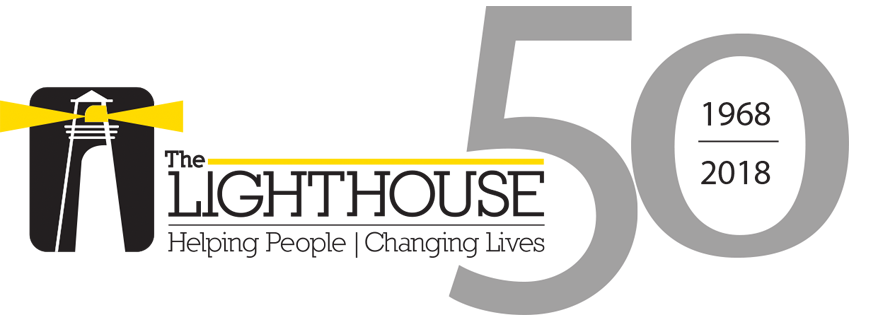The Lighthouse’s Vietnamese ministry provides a unique service for the Vietnamese community. As one of the few Vietnamese counsellors in Toronto, Thuy Tran offers a holistic, language specific and culturally sensitive approach to counselling individuals and families from a “save face” culture. A core value of Asian culture is the concept of “face.” This constant and deliberate exercise of “saving face” refers to the desires and strategies of maintaining your honour, respect, reputation to your social circles, and to avoid at all cost any social embarrassment and humiliation.
In an Asian culture, where your social identity is heavily shaped by your relative role and position in your family, friends and peer groups, this ongoing management of “face” can be liken to the management of your social media pages, curating only best posts and pictures to share with your friends and family. Asians beginning at a young age are also socialized to conform to cultural ideals in order to maintain “face” for yourself and your family. This means moderating your emotions and expressions in public, presenting only your best “face” to others, and to never discuss personal failures in order to avoid shame and judgement as to not “lose face.” In this way, the western practice of counselling and psychotherapy, in revealing your innermost hurts and struggles, stands in direct opposition to the Asian cultural practice of “saving face”, leading to widespread stigmatization and misunderstanding of this western healing process.
Counselling is a relatively new concept to the Vietnamese community. Many in the Vietnamese community do not recognize the benefits of counselling and its contribution to mental health as an aspect of their well-being. Here are a few common Asian misconceptions about counselling:
- Counselling is only for “crazy” people. In other words, you would definitely “lose face” and bring shame to yourself if people found out you are attending counselling.
- Counselling means all your secrets will be shared. Speaking to a counsellor means everyone in your community will find out about your secrets and failures.
- We can solve our own problems. Asians are strong people; we can fix our own problems at our own pace; and, we don’t need help and support from people outside.
For many immigrant families, who have come to North America with nothing, the migration stress of learning a new language, starting a new life, and loneliness away from their extended family, takes a significant toll. As immigrants slowly acclimate to Canadian culture and practices, many struggle with this new cultural identity, and so they cling strongly to their original cultural identity and practices in this transition. For Asians, “saving face” is one of the practices that have persisted through migration and time. To “save face,” Asian communities discourage and shame people from getting the help they need, frowning upon assistance like counselling even in the midst of severe migration stress, family discord and deteriorating mental health to appear strong and respectable to others. Asian men in particular, are more prone to the practice of maintaining “face” in difficult times so as not to appear weak and shameful to his family and peers. This prevents any consideration of seeking external assistance, such as counselling to avoid revealing any flaws to others and “losing face.”
Without adequate support and assistance, problems stemming from migration stress often persist years after immigration, negatively affecting the whole family. As children of immigrant parents grow up within this new cultural environment, Asian parents often force their traditions and dreams onto their children, which they have clung onto during the immigration process, not realizing or understanding the dreams and aspiration of their children in this new cultural setting. Succumbing to the familial pressure, children easily fall into the depressive moods and develop anxiety to “save face” for their Asian family and social groups. Often they do not get proper help in time, eventually developing severe mental health problems. When someone in the family has mental health issues, it is extremely shameful to the family, so immigrant parents often blame issues on their children. Counselling then becomes a last resort for Asian immigrant parents to “fix” their children to conform to their cultural ideals, without realizing that parents themselves are in need of counselling and support in order to build strong and healthy relationships within a harmonious family.
The goal of the Vietnamese Ministry at The Lighthouse in its unique nature is to educate the Vietnamese community on the benefits of counselling and the importance of seeking help. We offer a safe and respectful environment for individuals, couples and families to address their needs. In addition to counselling, the Vietnamese Ministry also offers a variety of programs for clients to learn new skills and make new friends. From these new friendships, new community groups are born. For example, the Vietnamese Ministry offers a Women Supporting Women group and Parents Supporting Parents group during the school year. In the summer, we offer a therapeutic family summer camp for parents and children, which utilizes play therapy to build family relationships and to encourage positive family interactions. This is the unique contribution of the Vietnamese ministry in building a strong and genuine community beyond a culture and appearance of “face.”

